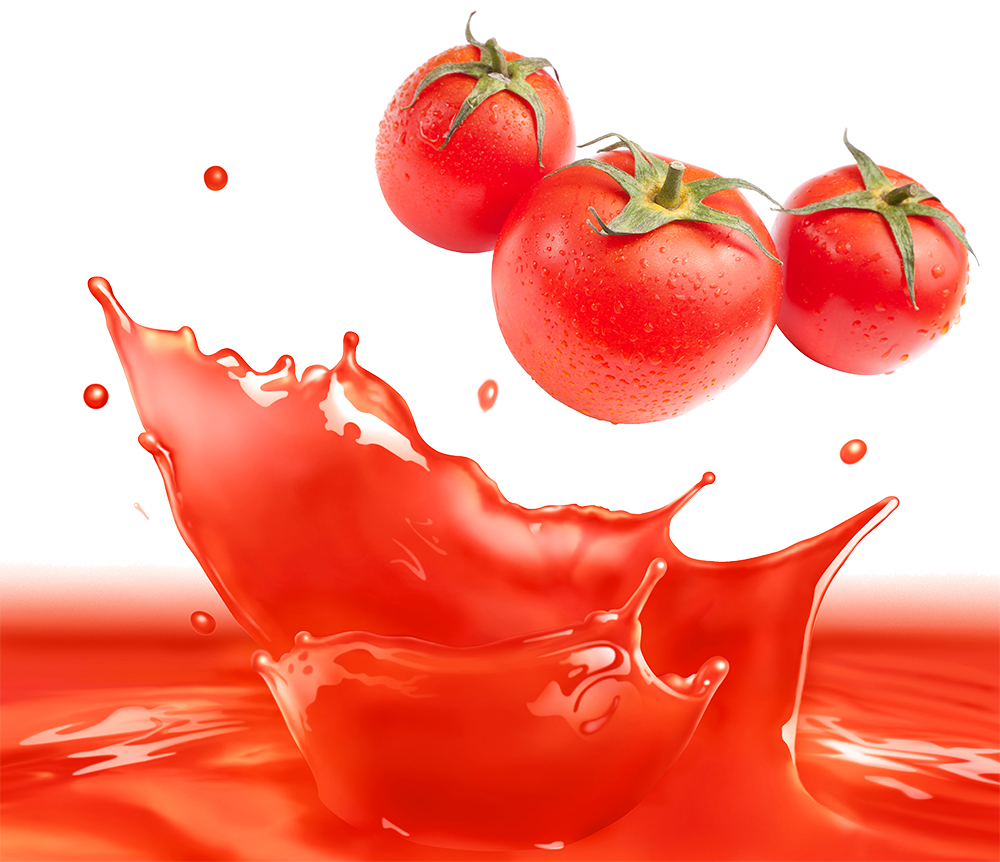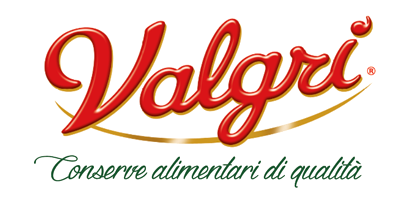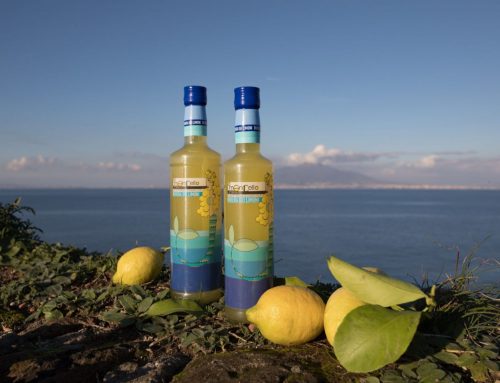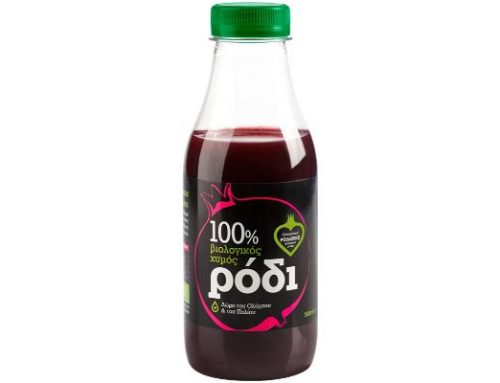Technically a fruit, a berry in fact, tomatoes have always, nevertheless, been treated as vegetables, so far as cooking is concerned, and have dominated kitchens across the globe to such an extent that their introduction into local cuisines forever changed dietary habits upheld for eons.
The tomato is native to western South America. Versions of the fruit first encountered in the wild were small, like cherry tomatoes, and most likely yellow rather than red. It was the Spanish who first introduced tomatoes to the European continent, where they transformed Spanish and Italian food. The French and northern Europeans erroneously thought them to be poisonous. This was exacerbated by the interaction of the tomato’s acidic juice with pewter plates. Indeed, the leaves and immature fruit contain tomatine, which only in large quantities would be toxic. However, the ripe fruit contains no tomatine.
The first tomato lovers
Aztecs and other peoples in Mesoamerica were the first to use this fruit in their cooking. The exact date of domestication is unknown; by 500 BC, however, it was already being cultivated in southern Mexico and probably other areas. The large, lumpy variety of tomato, a mutation from a smoother, smaller fruit, originated in Mesoamerica, and may be the direct ancestor of some modern cultivated tomatoes.
Spanish conquistador Hernán Cortés may have been the first to transfer the small yellow tomato to Europe after he captured the Aztec city of Tenochtitlan, now Mexico City, in 1521, although Christopher Columbus may have taken them back as early as 1493.
Health benefits

Tomato Juice
Tomatoes are 94% water. One serving provides a decent source of vitamin A, C, K and potassium. Tomatoes are also a good source of fiber, containing two grams in each serving, which accounts for 7% of the daily recommended amount. The nutrients found in tomatoes have been shown to provide the health benefits, such as:
– Healthy skin. Beta-carotene and lycopene found in tomatoes helps protect the skin against damage and makes skin less sensitive to UV damage.
– Strong bones. Vitamin K, calcium and lycopene in tomatoes is good for strengthening and repairing bones as well as improving bone mass.
– Anticarcinogenic. Lycopene helps prevent several cancers and the antioxidants in tomatoes can reduce cell damage.
– Regulates blood sugar. Tomatoes contain chromium which helps your blood sugar stay in balance and helps reduce the risk of diabetes.
– Improves vision. Vitamin A found in tomatoes can improve vision, help prevent night blindness and may help reduce the risk of macular degeneration.
– Prevents kidney stones and gallstones. Studies have shown that eating tomatoes may lessen the risk of developing kidney stones and gallstones.
– Prevents heart disease. Potassium and vitamin B in tomatoes helps lower blood pressure and cholesterol levels which in turn can assist in the prevention of strokes, heart attacks and other heart related problems.
Italy’s finest

“Valgrì” pomodoro
“Golden apple.” That is how “pomodoro”, the Italian word for tomato translates in English. And for good reason; From pasta to pizza and all dishes in between, tomato is as valuable as gold to Italian cuisine. The story we want to narrate here is that of a family business named “Valgri” aiming to provide this Italian “gold” to consumers all around the world. Coppola family maintains a passion for its land on the slopes of Vesuvius volcano and its fruits that has been handed down for four generations. It all originated from the cultivation of few acres of land, treated with care and dedication, which ultimately produced tasty natural products.
Over the years, the Coppola family also managed to master marketing. Their products established themselves commercially in but a short time and in 1992 received an even stronger push caused by the birth of the well-known brand “Valgrì”, now synonymous with quality and authenticity.
Volcanic slopes
Vesuvius cherry tomatoes is a variety cultivated exclusively in this area, earning the PDO designation. It has an oval shape and a small goatee end. The Vesuvius cherry tomatoes have a thick skin, which acts as a wrapper for a compact pulp, thus can be canned and preserved for a very long time. They are traditionally picked in clusters and hanged off balconies, which is why they are called “piennolo” (pendulum). The soil in which this variety grows is the result of millennia of lava stratification, making them extremely fertile and full of minerals, even though they are difficult to reach due to the high altitude. It is for this reason they are also called “mountain production”.
Vesuvius Piennolo cherry tomatoes PDO are, as would be expected, extremely rich in nutrients and present a series of characteristics that elevates them to the fine food category, such as high consistency of the skin, high concentration of sugars and minerals, small size of fruit exalting its flavor, as well as suitability for a long and natural conservation.
Premium Products
 Valgrì today boasts a wide range of products; from canned tomatoes and cherry tomatoes and legumes to the most traditional of Campania’s products. Valgrì product quality is guaranteed primarily due to the careful selection of pure raw materials and also because of controls made during the whole production process.
Valgrì today boasts a wide range of products; from canned tomatoes and cherry tomatoes and legumes to the most traditional of Campania’s products. Valgrì product quality is guaranteed primarily due to the careful selection of pure raw materials and also because of controls made during the whole production process.




